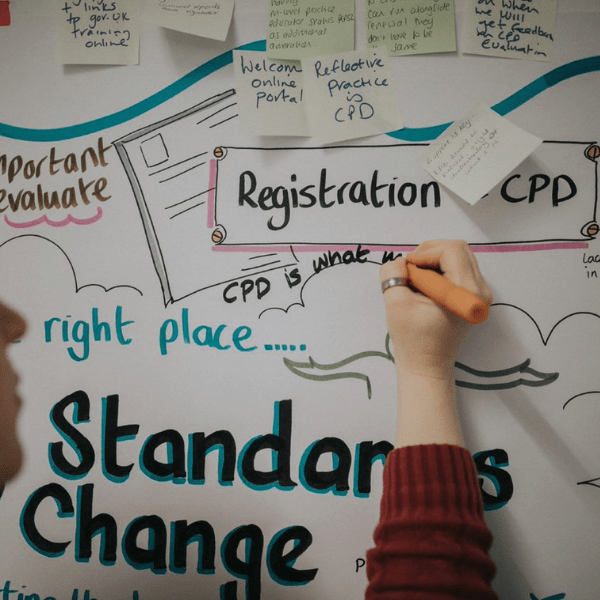By Charlotte Webster-
Social Work England has vowed to tackle inequalities in its workforce following the revelation from a survey that just 10% of the organisation were from Black or ethnic minority groups.
The survey revealed worrying low rates of representation of Black workers, at 2.7%, when compared with the social work workforce where the equivalent figures are 15% for adults’ practitioners and 12% for children’s workers.
The findings were revealed to The Eye Of Media.Com yesterday evening, despite being known to the board at the end of June, last month.
They reveal wide disparities in the workforce of Social Work England workforce where the proportion of White British workers are more than 20 times those of their counterparts. The proportion of White Chinese is the lowest at 0.9%, Black British social workers trail all other races at 2.7%, with Asian or Asian British next at 4.5%.
Mixed workers are slightly higher at 2.7% with White British at a high 84.1%. White Irish follows at 1.8%, White Other at 2.7%.
The findings suggests that ethnic minorities are being side lined in the social work profession, but falls short of telling us the proportion of ethnic minorities are qualified for social work, and the proportion that attempt for social work jobs.
However, the wide disparities remain troubling enough because of how large they are.
Responding to the results, Sarah Blackmore, the regulator’s executive director, strategy, policy and engagement, said the organisation was “committed to having a diverse workforce”, adding: “Even though we are not there yet, we are determined we will get there.”
The regulator is reviewing its recruitment processes with a publication of an equality, diversity and inclusion strategy, later this year.
The impending recruitment of an equality, diversity and inclusion manager on a fixed-term basis (until August 2021) to lead on the strategy and ensure the organisation is seen as an “exemplar of best practice”.
Blackmore said: “The horrific death of George Floyd has thrown into sharp relief that there never has been a greater need for social work in society and how ideally placed social workers are with their anti-racism, anti-discrimination and anti-oppression to stand up for anti-racism and for us as the regulator to magnify that focus on being actively anti-racist and anti-discriminatory. We know we’ve got a lot to do both externally and internally.”
She added: “I feel that we can achieve real, positive change. That can feel like a buzz phrase but I really feel that there’s more potential than there has been before. [Our chair] Lord Patel and our [staff] equality, diversity and inclusion steering group have said that this is not an added extra, this needs resources and leadership and it’s for the long term.




